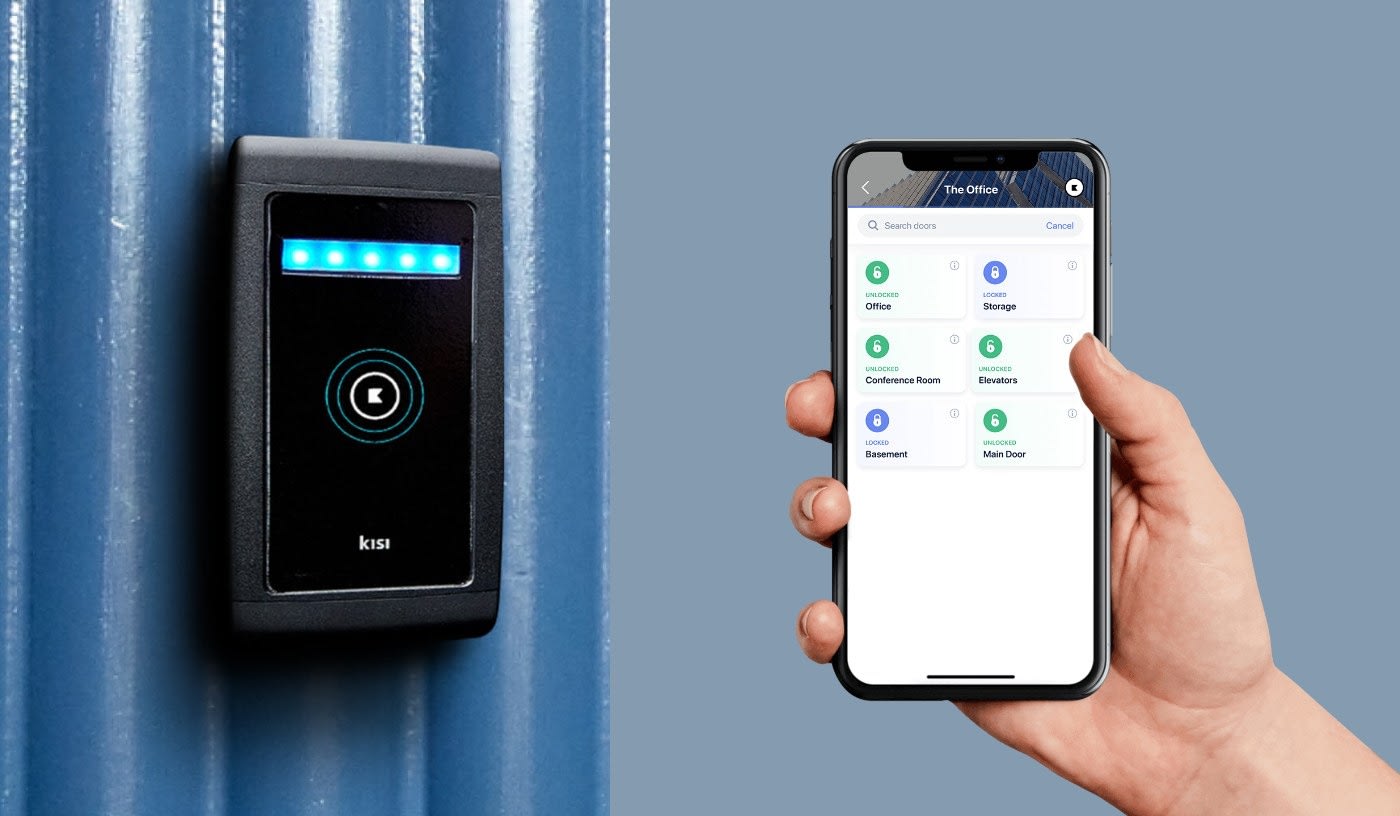Unlocking the Future: How NFC Door Locks Are Changing the Way We Access Spaces
In today's digital world, our smartphones are more than just communication tools—they are our wallets, personal assistants, and now, even our keys. Traditional locks and keys are slowly becoming obsolete, giving way to smarter and more secure access solutions. One of the most exciting innovations in this space is Near Field Communication (NFC) door locks, which allow seamless entry using mobile phones. Let’s explore how NFC technology is transforming access control for homes, offices, and beyond.
What is NFC Technology?
NFC (Near Field Communication) is a short-range wireless communication technology that enables data exchange between devices within a few centimeters. Commonly used for contactless payments (such as Apple Pay and Google Wallet), NFC is now making its way into smart locks. Unlike Bluetooth or Wi-Fi, NFC requires close proximity, which enhances security by reducing interception risks.
How Do NFC Door Locks Work with Mobile Phones?
NFC-enabled locks operate by using encrypted digital keys stored on smartphones. Here’s how they work:
1. Digital Keys Replace Physical Ones
When you tap your smartphone against an NFC lock, the phone transmits a unique credential to the lock’s reader, eliminating the need for traditional keys.
2. Secure Authentication
The lock decrypts the data using advanced encryption (such as AES-128) and verifies it against stored credentials. If the credentials match, the door unlocks. Some systems also use dynamic tokens that change with every use, preventing unauthorized access through replay attacks.
3. Biometric Backup
Many smartphones require fingerprint or facial recognition before releasing the NFC key, ensuring that even if someone has your phone, they cannot unlock the door without biometric authentication.
Setting Up an NFC Door Lock
If you’re considering installing an NFC door lock, here’s what you need to do:
1. Install the Lock
NFC door locks are often battery-powered and can be installed on most standard doors. Some models, like those from Yale and August, offer retrofit options that don’t require replacing the entire locking system.
2. Pair with a Mobile App
To activate your NFC lock, download the manufacturer’s mobile app, create an account, and follow the setup instructions. This usually involves holding your phone near the lock to register the digital key, which is securely stored in your device’s hardware.
3. Share Access
One of the key advantages of NFC locks is the ability to share access digitally. Through the mobile app, you can send temporary or permanent digital keys to family members, guests, employees, or service providers. You can also revoke access instantly if needed.
Security Benefits of NFC Door Locks
- Encryption: Data exchanged between the phone and lock is encrypted, preventing eavesdropping.
- Proximity Requirement: Since NFC only works within a short range (under 4 cm), it reduces the risk of relay attacks.
- Remote Management: If you lose your phone, you can revoke access instantly via the app.
Advantages Over Traditional Locks
- Convenience: No need to carry physical keys—just tap your phone.
- Flexibility: Manage and restrict access remotely, ideal for Airbnb hosts and office security.
- Audit Trails: Keep track of who enters and exits through the app’s access logs.
- Smart Home Integration: Many NFC locks can be connected to smart home systems like Alexa and Google Home for voice control.
Where Can NFC Locks Be Used?
- Homes: Enjoy keyless entry and grant access to family members or house cleaners.
- Offices: Manage employee access without needing physical keycards.
- Hotels & Rentals: Offer time-limited digital keys to guests, eliminating lost key issues.
Potential Challenges
- Phone Battery Dependency: If your phone dies, you might need an alternative entry method like a backup PIN or physical key.
- Device Compatibility: Ensure your smartphone supports NFC (most Android devices and iPhones XS or newer do).
The Future of NFC Door Locks
As smart cities and the Internet of Things (IoT) continue to grow, NFC locks are expected to integrate with public transit, parking systems, and workplace security. Future developments could include ultra-low-power NFC technology for longer battery life and blockchain-based access management for enhanced security.
Final Thoughts
NFC door locks offer a seamless, secure, and smart way to control access to your spaces. By leveraging mobile technology, they eliminate the hassle of lost keys and provide greater control over who can enter your home, office, or rental property. As technology advances, NFC locks are set to become a standard feature in modern security systems.
Embrace the future of keyless living—your smartphone is now your gateway to convenience and security!














































0 মন্তব্যসমূহ